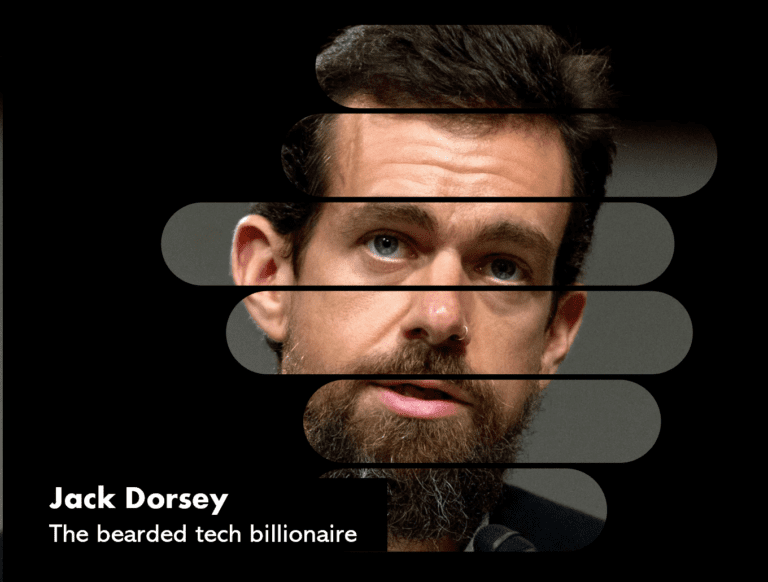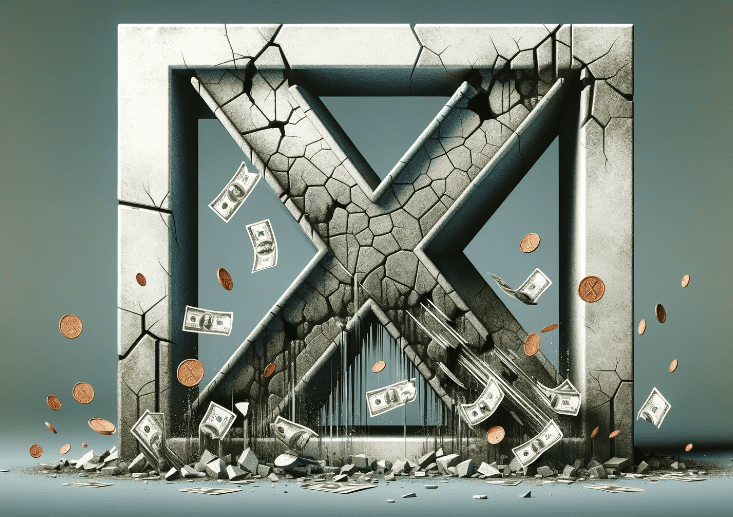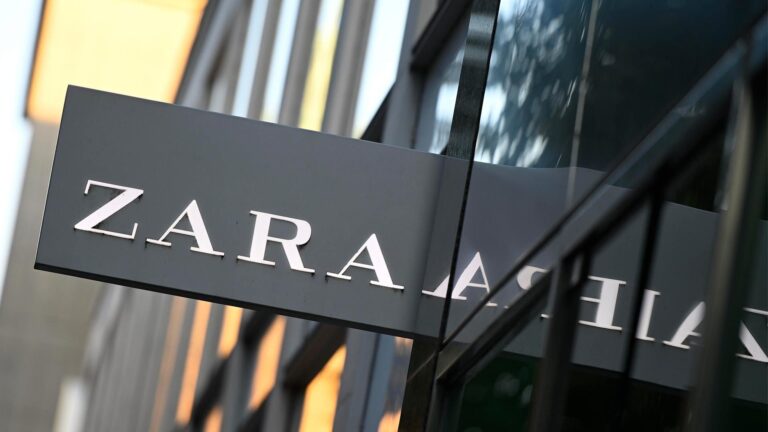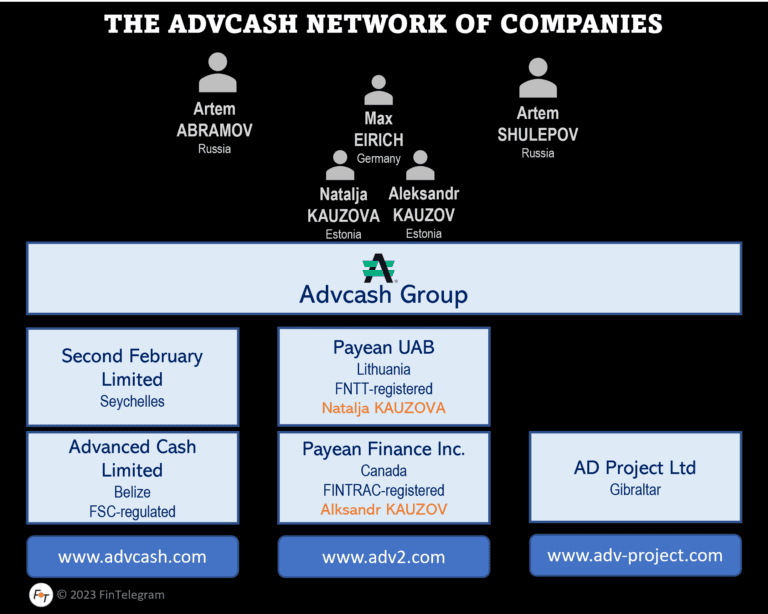In times of crisis, seeking secure and rewarding investment opportunities becomes paramount. While traditional assets like real estate and gold remain popular choices, luxury watches, particularly Rolex, have garnered significant attention as a lucrative investment. Rolex, the epitome of luxury watchmaking, not only boasts precision, durability, and elegance but also holds a prestigious image, making it a sought-after collector’s item.
Why Choose Rolex as an Investment?
Rolex consistently holds its position as the number one luxury watch brand globally. According to Forbes, Rolex was the sixth most popular online luxury brand in 2023, as it was in 2022. It claims the top spot among the largest and most beloved luxury watch manufacturers. The Swiss manufacturer’s products are renowned for their quality, and the prestigious image associated with Rolex watches elevates them to coveted status among collectors.
Renowned adventurers and athletes have trusted Rolex throughout history. The climbers who first conquered Mount Everest in 1953 wore Rolex, and in 1960, when Jacques Piccard and Don Walsh descended into the depths of the Mariana Trench, a specially crafted Rolex accompanied them. Such feats have contributed to Rolex’s iconic status, evidenced in the sustained enthusiasm for these timepieces and reflected in the appreciating values of various models. For instance, the value of the Rolex Daytona reportedly increased by 77% from 2017 to 2022, according to Chrono24.
Factors Influencing Rolex Prices
Despite Rolex’s annual production of approximately 800,000 watches, global demand consistently outpaces supply, leading to lengthy waiting lists for potential buyers. This scarcity significantly influences the prices, causing certain highly sought-after Rolex models to deviate significantly from their retail prices. Potential buyers should be prepared for possible wait times or consider purchasing pre-owned watches.
Rolex Models with Stability and Potential for Growth
Not all Rolex watches are equal in terms of investment potential. Here, we present a selection of Rolex models known for their stability and the potential for future appreciation. The information is curated from independent rankings by American Express, Chrono24, GQ, Watchmaster.com, and Watch.de. However, it is crucial to conduct thorough research before purchasing, considering factors such as the current market value, authenticity, condition, and the reputation of the seller.
1. Rolex Daytona
The Daytona stands as one of the most iconic Rolex models, attributed in part to its association with Paul Newman, a renowned actor and racing enthusiast. According to Watch.de, the Daytona series is particularly promising as an investment due to its limited availability, often leading to long waiting periods. Prices for the Rolex Daytona surged by around 77% from 2017 to 2022, as reported by Chrono24. GQ also emphasizes the stability of the Rolex Daytona, suggesting that a newly purchased Daytona at the retail price could be resold for nearly double the initial cost.
2. Rolex GMT-Master & GMT-Master II
Both the Rolex GMT-Master and GMT-Master II are deemed worthwhile investments, according to Chrono24. The prices of the Rolex GMT-Master 1675 saw remarkable increases throughout 2022. GQ recommends the Rolex GMT-Master II, particularly highlighting the models known as “Pepsi” (Reference 126710BLRO) and “Batman” (Reference 116710BLNR), named after the colors of their bezels.
3. Rolex Submariner
Rolex stainless steel sports models, according to American Express and Watch.de, are highly sought after. Watch.de recommends the Rolex Submariner as an investment, with the “Hulk” model (Reference 116610LV) experiencing significant value appreciation since its production was discontinued in the fall of 2020.
4. Rolex Explorer II
The Rolex Explorer II, another sports model, has seen its value rise by 70% between 2017 and 2022, as reported by Chrono24. GQ particularly recommends the Explorer II with Reference 216570, while the predecessor with Reference 16570 remains in high demand, according to Chrono24. Watch.de notes that variants with a white dial are rarer and consequently more sought after than those with a black dial.
Considerations for Rolex Investments
Even with a chosen Rolex model known for stability, several considerations must be taken into account to ensure a fruitful investment. Proper care is essential to maintain the watch’s value, as scratches and other signs of wear can diminish its worth. Experts recommend servicing a Rolex every eight to ten years to ensure optimal functionality.
If the Rolex is primarily viewed as an investment rather than for daily use, storing it securely in a safe is advisable. Seeking the advice of an expert, such as a watchmaker, is also recommended. An expert can assist in identifying potential counterfeits and evaluating the quality of any replacement parts used.
In conclusion, investing in Rolex watches can indeed be a secure and rewarding endeavor during times of crisis. However, thorough research, care, and expert guidance are crucial elements to maximize the returns on such luxury investments
















